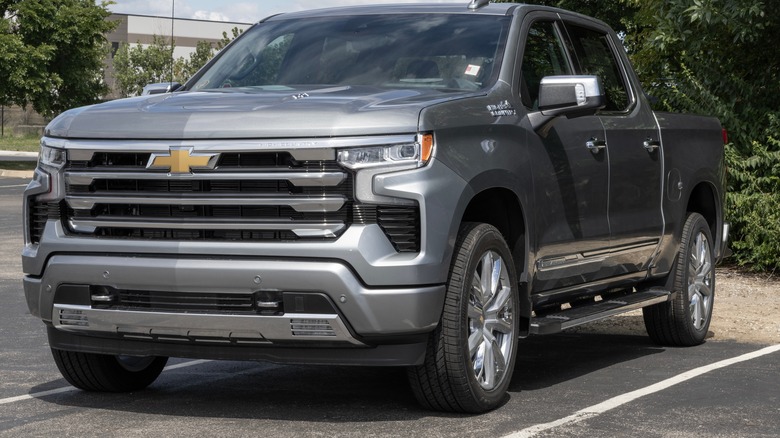0W-20 Engine Oil: What Is It & Can You Use It As A Replacement For 5W-30?
In the world of automotive engine oils, 0W-20 is one of the thinnest, though oils as thin as 0W-8 are now used. The 0W stands for 0-weight in winter, and the 20 stands for 20-weight when the oil is hot. In some situations, it is preferable to use heavier oils such as 5W-30, but not all the time. In engines that support different oil weights, the motor oil you should use can be determined by several factors, especially the weather. If you live somewhere that never sees snow, heavier oils that offer better engine coating protection might be in order. In a place that experiences cold weather without hot summers, a lighter oil might be the better choice.
However, if your vehicle's owner manual specifies 5W-30 but does not specify compatibility with 0W-20, it's probably not a good idea to use the lighter oil. Using the wrong engine oil can create problems: Too thin an oil, for instance, can result in reduced oil pressure, which would prevent the oil from properly lubricating the engine. So you should always stick with the manufacturer-recommended oil weight (or weights).
Choosing between 5W-30 and 0W-20 oil
Today's car and truck engines are designed with certain motor oil characteristics in mind, and you should go by the specific engine instead of the car or truck, because a vehicle can be equipped with engines that have very different oil requirements. For example, with the 2024 Silverado, Chevrolet specifies putting 0W-20 dexosD-rated oil into the 3.0-liter diesel engines. Gasoline-fueled engines for the 2024 Silverado can take either 0W-20 or 5W-30 dexosR, depending on displacement. You'll have to consult your user manual to make sure you get the right oil.
Engine design and fuel type are not the only factors that manufacturers take into consideration. To continue with the 2024 Silverado example, Chevrolet also looks at the weather. For cold-weather driving, the company recommends 0W-20 for the Silverado's gasoline-powered engines, but suggests 5W-30 for hot weather. Mileage is another consideration, although Chevrolet does not specify motor oils for high-mileage engines. That said, high-mileage oils can make a difference in engines with more than 75,000 miles on them.
Oil weight isn't the only factor to consider
Motor oil weight is important, but that's not the only criterion to consider. Starting in 2010, Chevrolet required that motor oils meet the company's Dexos requirements. These specifications differ for gasoline and diesel engines. The gasoline engines required Dexos 1 Generation 3, while diesels needed Dexos 2. However, do note that General Motors has changed the names to GM dexosR (gasoline) and GM dexosD (diesel), respectively. If you are grabbing a quart at a shop, make sure you get the right one, as gasoline and diesel oils contain different chemistries.
GM isn't the only manufacturer that specifies engine oil standards alongside weights. In America, most manufacturers have their own specifications, although they're similar enough that most oils will meet many standards. However, European manufacturers such as BMW, Mercedes-Benz, Volkswagen, and Opel have different requirements, with the chemistries seemingly different enough that manufacturers sell different oils even with the same weights.


